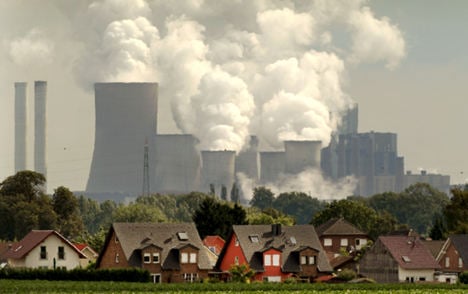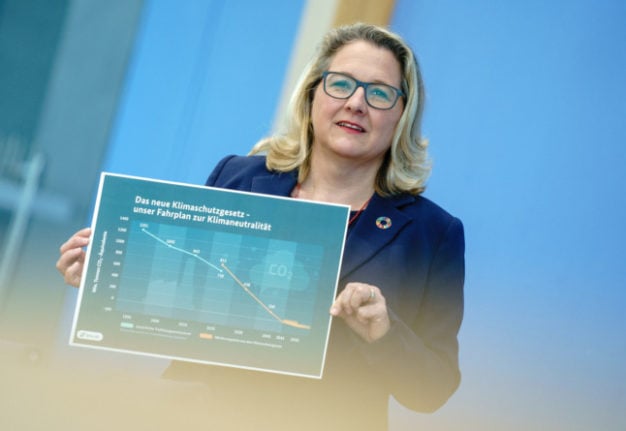P { margin-bottom: 0.21cm; }
And RWE warned its earnings would deteriorate further this year.
The power giant said in a statement that write-downs on its conventional power plants pushed it into net loss of €2.757 billion in 2013.
Underlying or operating profit fell by 8.3 percent to €5.881 billion while revenues edged up 1.6 percent to €54.07 billion.
"The difficult earnings situation in conventional electricity generation in Europe is clearly reflected in our 2013 results," the statement said.
"This is attributable to impairment losses of some €4.8 billion, which we had to recognise for the full year, mainly in respect of our power plant fleet."
RWE has been hit hard by the energy transition currently underway in Europe. Its fossil fuel activities are making losses and it is slashing jobs as a result.
Adjusted for one-off charges, RWE's so-called "recurrent" net profit fell by 5.8 percent to 2.3 billion euros in 2013.
Looking ahead, RWE said earnings will decline again this year.
"As announced in November 2013, we expect to experience a further substantial decrease in earnings in 2014," RWE said.
It said it is pencilling in operating result of €4.5-€4.9 billion and recurrent net profit of €1.3-€1.5 billion.
SEE ALSO: Solar energy jobs halve in two years



 Please whitelist us to continue reading.
Please whitelist us to continue reading.
Member comments